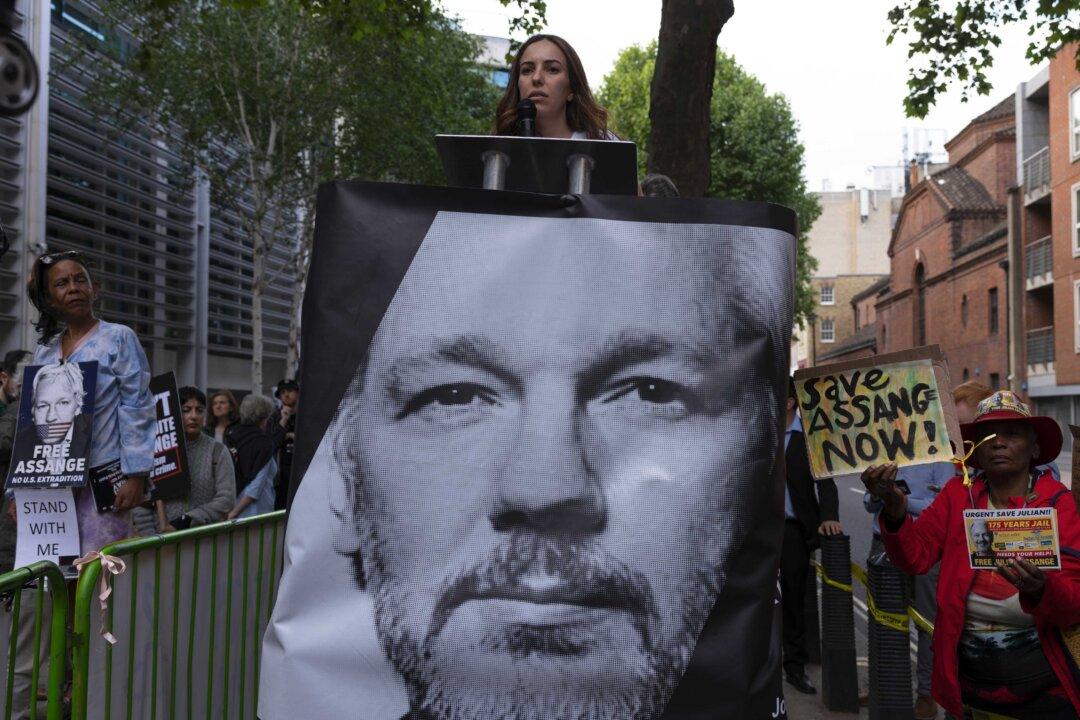The United States has submitted the assurances required by the High Court in London at its most recent hearing of the Julian Assange extradition case: that he can rely on the First Amendment right to free speech as part of his defence, is not “prejudiced at trial” due to his Australian citizenship, and that there would be no new charges which could result in the death penalty being imposed.
The Court had said that, in the absence of those assurances, it would hear further submissions from the Wikileaks founder’s lawyers on why he should not be extradited.





